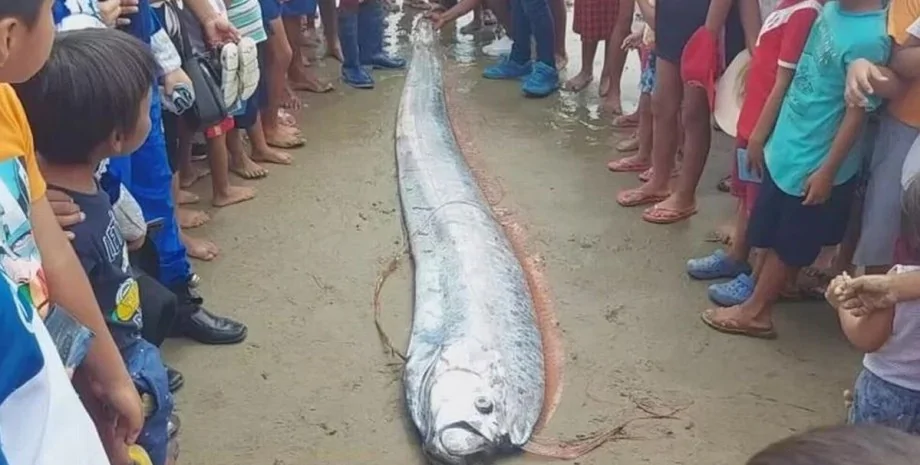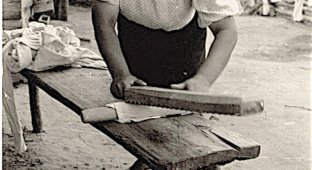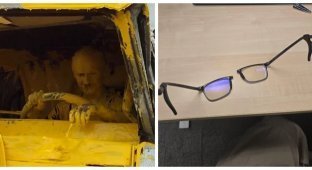“There will be a cataclysm”: people noticed fish washed ashore, foreshadowing a disaster (4 photos)
The inhabitant of the deep sea is considered the largest bony fish. The giant has received the nickname "earthquake fish" because it is believed to rise from great depths before or after a catastrophe. 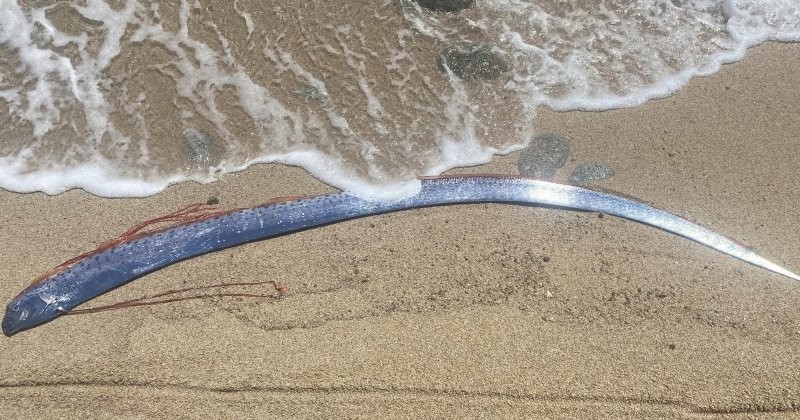
A giant sea creature has washed up on a beach near the city of Hue in Vietnam. Some people consider it a "harbinger of natural disasters." Local residents were surprised and took pictures of him.
The deep sea paddlefish or oar king has been nicknamed the "earthquake fish" because it is believed to rise from great depths before or after a catastrophe.
At the end of May, the sea giant was spotted washed ashore. People were amazed to discover this creature. They held the giant fish in their arms and then stretched it out on a straight piece of tree bark. Many locals simply filmed it on their phones. The publication notes that a group of people may have eaten a large fish during a beach feast.
“One of the most famous legends says that a meeting with an oar fish foreshadows natural disasters, in particular earthquakes and tsunamis,” “That means there will be a cataclysm,” “An earthquake is coming!” said local residents. 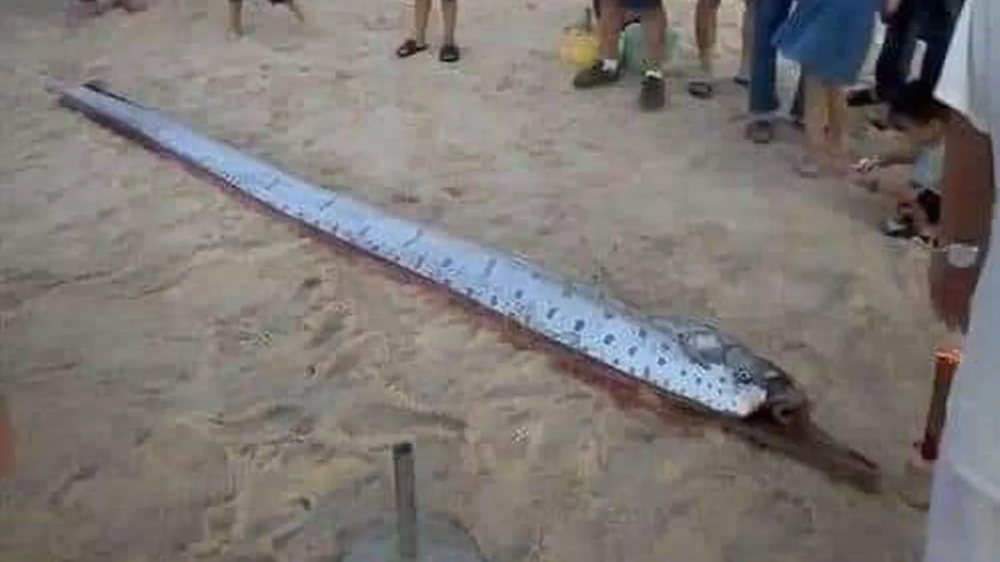
Due to their size and shape, these fish resemble “sea serpents” and in mythology are considered harbingers of earthquakes and misfortunes. This is one of the longest fish in the ocean. The paddlefish has a scaleless body, and its mucous skin is covered with a protective layer known as guanine. Due to their ability to adapt to different temperatures, fish are found in most of the world's oceans, with the exception of the poles. 
The herring king can grow up to 8 meters in length, although anecdotal evidence suggests that some can reach 15 metres. This is the longest bony fish on the planet. Their body has no scales, and their skin is covered with a mucous-silver protective layer called guanine.
The dorsal fin starts between the eyes and extends to the tail. They live at depths of up to 1,000 meters and are rarely seen. Sometimes they wash up on beaches after a storm or serious injury. 